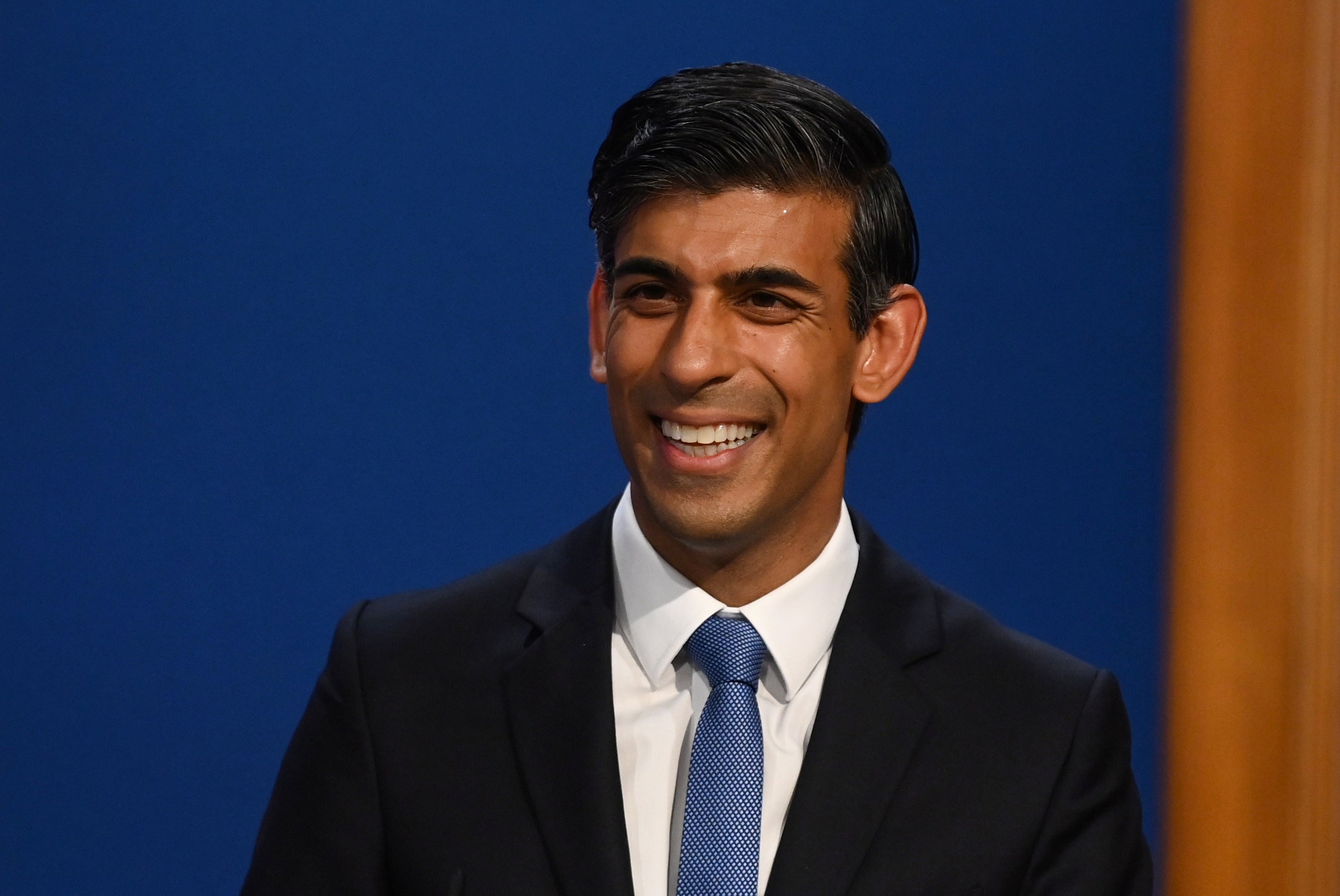Millions of workers set for Budget pay rise as public sector freeze ends
More than seven million workers are due to benefit from a minimum wage rise and an end to public sector pay restraint.

Your support helps us to tell the story
From reproductive rights to climate change to Big Tech, The Independent is on the ground when the story is developing. Whether it's investigating the financials of Elon Musk's pro-Trump PAC or producing our latest documentary, 'The A Word', which shines a light on the American women fighting for reproductive rights, we know how important it is to parse out the facts from the messaging.
At such a critical moment in US history, we need reporters on the ground. Your donation allows us to keep sending journalists to speak to both sides of the story.
The Independent is trusted by Americans across the entire political spectrum. And unlike many other quality news outlets, we choose not to lock Americans out of our reporting and analysis with paywalls. We believe quality journalism should be available to everyone, paid for by those who can afford it.
Your support makes all the difference.Millions of workers are in line for a Budget pay rise as the Chancellor announced the UK’s economy is “firmly back on track” after the coronavirus pandemic.
Rishi Sunak has confirmed he will scrap the year-long public sector pay freeze in his fiscal statement on Wednesday, paving the way for a possible wage increase next year for those such as teachers, nurses, police and armed forces personnel.
According to the latest available data from the Office for National Statistics there were 5.68 million public sector workers registered June.
The Chancellor last November “paused” public sector pay increases for 2021/22, with the exception of the NHS and those earning less than £24,000, after heavy borrowing during the Covid-19 crisis.
But Mr Sunak on Monday said that, with the economy bouncing back following the lifting of virus restrictions, it was “right” that frontline workers would “see their wages rise”.
The Government also announced it will increase the minimum wage for around two million workers, with those aged 23 and over to see their pay increase from £8.91 an hour to £9.50 as of April 1.
The 59p hourly boost to the so-called “national living wage” will mean a full-time worker on the lowest pay will receive a rise of more than £1,000 per year, according to the Government, in an inflation-busting 6.6% hike.
But critics questioned how much better off workers will be considering the Chancellor has already hiked National Insurance and cut Universal Credit as inflation rises, with the consumer price inflation rate currently standing at 3.1%.
With the economy firmly back on track, it’s right that nurses, teachers and all the other public sector workers who played their part during the pandemic see their wages rise
Mr Sunak increased National Insurance Contributions for workers by 1.25% to help pay for the NHS and social care, while he ended the £20-a-week Universal Credit coronavirus uplift earlier this month.
In a statement announcing his decision to scrap the public sector pay freeze, Mr Sunak said: “The economic impact and uncertainty of the virus meant we had to take the difficult decision to pause public sector pay.
“Along with our Plan for Jobs, this action helped us protect livelihoods at the height of the pandemic.
“And now, with the economy firmly back on track, it’s right that nurses, teachers and all the other public sector workers who played their part during the pandemic see their wages rise.”
Pay for most frontline workforces, including nurses, police officers, prison officers and teachers, is set through independent pay review bodies which make recommendations to ministers.
Large areas of the public sector are devolved – for example the School Teachers’ Review Body only covers England, while the NHS Pay Review Body makes recommendations for England, Wales and Northern Ireland – and decisions on pay are for the ministers responsible in Holyrood, the Senedd and Stormont.
If extra funding is made available to increase pay set in England by the UK Government, it could result in more cash going to the devolved administrations under the Barnett formula so they could choose to boost salaries there.
Officials said the Government would be requesting “full recommendations” from the respective sector pay bodies, with awards to be announced next year.
Unison union general secretary Christina McAnea said the pay freeze would continue “in all but name” unless Whitehall departments were given extra money by Mr Sunak to fund the wage increases.
Meanwhile, the Treasury is also understood to have all but confirmed to MPs that fuel duty is likely to remain frozen in the Budget after reports had suggested the Chancellor was looking to recoup pandemic borrowing by hiking taxes at the pumps.
But as concerns over a cost of living crunch grow and record petrol prices were witnessed on Sunday, backbench Conservatives have been told fuel duty is likely to remain stagnant.
It comes after MPs from the Northern Research Group wrote to the Chancellor to warn him that increasing the duty would be a “mistake”.
“Motorists cannot continue to be the cash cow we rely on to pay the price of economic hardship or the pandemic,” the group, which is led by former northern powerhouse minister Jake Berry, said.
The announcement on public sector pay and the minimum wage rise came despite a rebuke from Commons Speaker Sir Lindsay Hoyle about the number of details being briefed in advance of the Budget.
Sir Lindsay suggested ministers should resign due to the amount of announcements being previewed in the press before Mr Sunak has addressed Parliament.